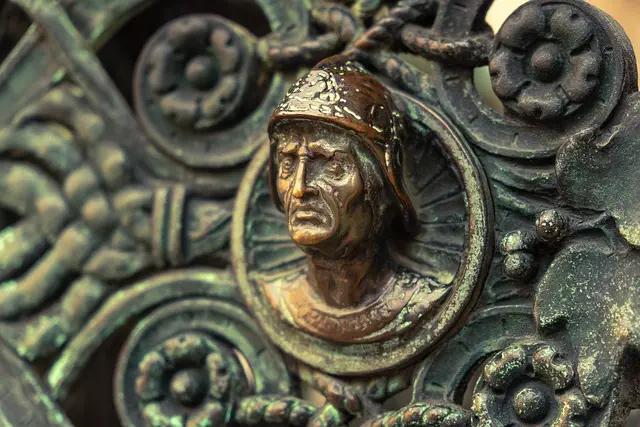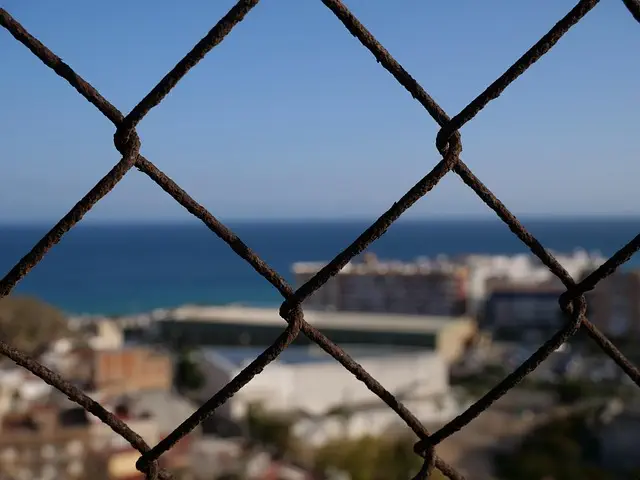Kava tea, an ancient Pacific Island remedy, has gained global recognition for its unique calming properties, offering a natural alternative to modern stimulants. Science attributes these effects to compounds like pipermindine and epimedine that enhance relaxation. Maeng da red kratom, a high-quality strain from the Mitragyna speciosa plant, provides potent anxiety relief without drowsiness. Kava tea improves sleep quality, aids mood regulation, and boosts cognitive function, making it a versatile tool for stress management and overall well-being. Incorporating kava into daily routines can offer simple yet effective relaxation, comparable to maeng da red kratom's benefits while avoiding potential drowsiness.
Kava tea, an ancient herbal beverage with a rich history, has gained modern popularity for its natural relaxation and anxiety-relieving properties. Originating from the Pacific Islands, this traditional drink is making waves in the wellness world. This article explores kava’s science-backed benefits, including its impact on reducing stress and improving sleep. We delve into the powerful strain, Maeng Da Red Kratom, known for intense effects on anxiety. Discover how incorporating kava tea into your routine can enhance well-being and promote a calm mind.
- Understanding Kava Tea: Origins and History
- The Science Behind Kava's Relaxant Effects
- Maeng Da Red Kratom: A Powerful Strain for Anxiety Relief
- Benefits Beyond Relaxation: Enhancing Sleep and Mood
- Incorporating Kava Tea into Your Daily Routine
Understanding Kava Tea: Origins and History

Kava tea, derived from the roots of the Piper methysticum plant, has a rich history spanning centuries and cultures. Originally cultivated in the Pacific Islands, it has been a traditional remedy for stress and anxiety among local communities for generations. The name ‘kava’ comes from the Fijian word ‘kafa’, reflecting its cultural significance. This herbal beverage has gained global recognition for its potential to promote relaxation and ease anxiety symptoms without the stimulants found in many modern drinks.
While often associated with tropical regions, kava tea’s popularity has spread worldwide, thanks to its unique properties. Similar to maeng da red kratom, which is another popular herbal extract, kava stands out for its calming effects. Historically, it was used not only as a social drink but also as a tool for community healing and ceremony, showcasing the deep-rooted trust in its therapeutic benefits.
The Science Behind Kava's Relaxant Effects

Kava tea, derived from the root of the Piper methysticum plant, has been used for centuries in traditional Polynesian cultures for its calming and relaxing properties. The science behind kava’s tranquilizing effects lies in its unique chemical composition, particularly pipermindine and epimedine, which are responsible for binding to GABA receptors in the brain, enhancing the production of this neurotransmitter associated with relaxation and reducing anxiety.
Research has shown that these compounds can significantly lower levels of stress hormones like cortisol, often referred to as the “stress hormone,” and promote a sense of calm. Interestingly, some studies even suggest that kava might have anti-anxiety effects comparable to those of certain pharmaceutical drugs, without the potential side effects. This ancient herbal remedy has gained modern popularity, with many people turning to it for natural anxiety relief, often seeking out high-quality varieties like maeng da red kratom, known for its potent therapeutic benefits.
Maeng Da Red Kratom: A Powerful Strain for Anxiety Relief

Maeng Da Red Kratom stands out as a potent strain known for its remarkable ability to alleviate anxiety and promote relaxation. This specific variety of kratom, derived from the Mitragyna speciosa plant, has gained significant attention in the natural health community for its therapeutic effects. The term ‘Maeng Da’ translates to ‘high quality’ or ‘special grade’, emphasizing its premium status among kratom enthusiasts.
The red color of Maeng Da Kratom signifies its rich content of 7-hydroxymitragynine, an active alkaloid known for its anxiolytic (anxiety-reducing) properties. When consumed, it interacts with the body’s opioid receptors and affects neurotransmitters like serotonin and dopamine, contributing to a sense of calm without causing drowsiness. Many users appreciate its fast-acting nature, providing relief from anxiety within minutes, making it a preferred choice for those seeking immediate support in managing stress and worry.
Benefits Beyond Relaxation: Enhancing Sleep and Mood

While kava tea is renowned for its calming effects, its benefits extend beyond mere relaxation. Studies suggest that kava can significantly enhance sleep quality, offering a natural solution for those struggling with insomnia or disrupted rest. The herb’s anxiolytic properties don’t stop at reducing stress; they also positively impact mood, potentially alleviating symptoms of depression and anxiety disorders.
Additionally, maeng da red kratom, a specific strain known for its potent effects, has been linked to improved cognitive function and enhanced focus. This makes it not just a relaxing beverage but a potential tool for maintaining mental clarity while mitigating stress and promoting overall well-being.
Incorporating Kava Tea into Your Daily Routine

Incorporating Kava Tea into your daily routine can be a simple yet effective way to promote relaxation and reduce anxiety. This herbal drink, made from the root of the kava plant, has been used for centuries in traditional Pacific Island cultures for its calming properties. Today, it’s gaining popularity worldwide as a natural alternative for managing stress and improving overall well-being.
When adding kava tea to your daily regimen, start with a small amount, typically around 1-2 cups per day, to gauge its effects. Many people enjoy it hot, but cold infusions are also popular. For those looking to enhance their relaxation experience, pairing kava tea with other calming activities like meditation or yoga can amplify the benefits. Interestingly, unlike some synthetic anxiolytics, kava tea doesn’t cause drowsiness, making it a versatile choice for individuals seeking a boost in tranquility throughout their day, even those who prefer to stay alert and focused.






